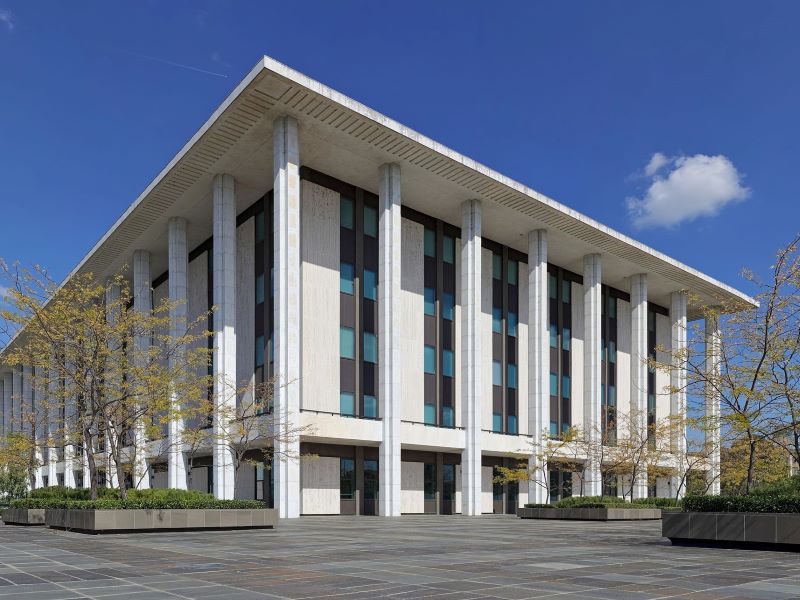The National Library of Australia will receive $33 million over four years in next month’s federal Budget, avoiding a funding cliff and securing the future of its digital archive database Trove.
It follows ongoing calls for funding certainty for the institution, which had its budget slashed by the Coalition in 2016 and was not funded for Trove beyond June.
The $33 million National Library of Australia funding was revealed on Monday by Minister for the Arts, Tony Burke and Finance Minister Katy Gallagher, in the Albanese government’s first pre-Budget announcement.
The government also committed to $9.2 million in indexed ongoing annual funding beyond the forward estimates to give Trove and its 14 billion digitised artifacts a more certain future.

“Trove is, in many ways, Australia’s digital memory,” Mr Burke said.
“It records and retains some of our most important stories, moments, challenges, controversies and successes in one accessible location.
“Whether you’re using it to look up a bit of family history, or for academic research – Trove is an incredibly important part of our national cultural institutions.”
Founded in 2009, Trove is an archival database offering free access to billions of digitised artifacts like newspapers, images and documents. It receives more than 25 million hits a year.
The long-term future of Trove was put in doubt in 2016 by the then Coalition government’s $20 million budget cut to cultural institutions. Trove was funded by the Morrison government with only $5 million annually and only until June this year.
The Albanese government funding is part of its Revive cultural policy. However, the funding was not included when the policy was first announced in January. At that time, Trove had received no indications about future funding from the Albanese government.
Ms Gallagher said the funding commitments took Trove “off of life support”.
“Without this funding Trove would simply cease to exist in a few short months – and with that, free, digital access to much of Australia’s history would be denied to millions of Australians.”
Do you know more? Contact James Riley via Email.

